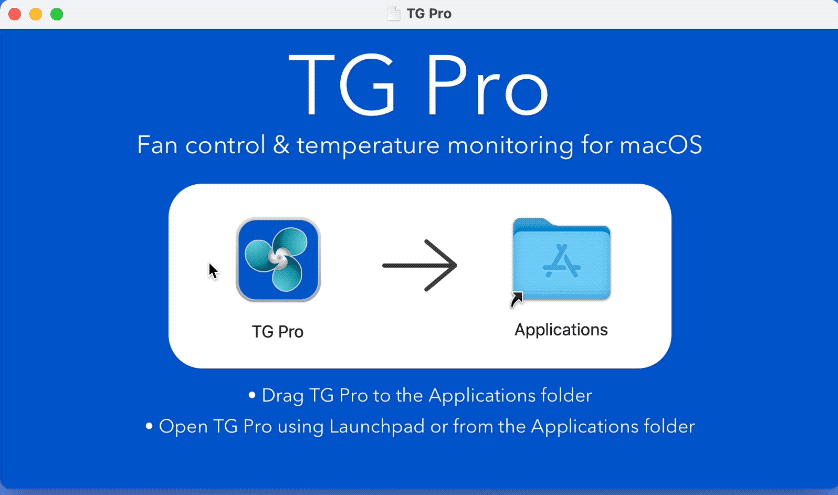


Initially, this involves creating semantic relationships between content and discussions, but it plans to bolster its platform with “AI-augmented knowledge retrieval flows” and new “AI-powered team and admin workflows.”Īnd this is one of Outverse’s core pitches - it is aiming to be a knowledge-base spanning documentation, forums, changelogs and more, all optimized for easy discovery, including indexing for search engines.
STACKS ON STACKS TG SOFTWARE
Indeed, Outverse says it’s using large language models (LLMs) as part of its mission to become a “centralized knowledge ecosystem” for SaaS software communities. Instead, we’re building the actual platform or channel where these communities are hosted, managed and run.” “That’s an increasingly saturated market, trying to solve the same sort of problem, which is basically about data and integrations. “Outverse isn’t playing in the same space as these community analytics or workflow tools,” Outverse founder and CEO Kyran Schmidt explained to TechCrunch. Full-stackįounded out of London in 2021, Outverse is looking to tackle a similar problem to what the likes of Commsor, Common Room, Threado, Talkbase and v are striving to solve, but with a different approach - its mission is to build what it calls a “full-stack community platform” for software companies, replete with forums, knowledge bases and product documentation. But a new company is entering open beta today with $6 million in fresh funding for an all-in-one platform designed to host communities and product knowledge itself. We’ve seen countless platforms land venture capital (VC) cash to help companies address this need through connecting the various strands that constitute online communities - GitHub, Discord, Slack, Twitter, LinkedIn and the rest. But managing these disparate communities has perennial challenges, with companies needing to gather feedback, support users, encourage upgrades, share knowledge and generally figure out what’s going on across their user base. Building and harnessing online communities has been a major driving force behind some of the world’s largest platforms, from Stripe and Slack to Figma and Notion.Īt the heart of the community-building ethos lies a strategy known as product-led growth (PLG), where companies rely on the product itself for selling and onboarding new users as opposed to traditional marketing-led and sales-led approaches.


 0 kommentar(er)
0 kommentar(er)
